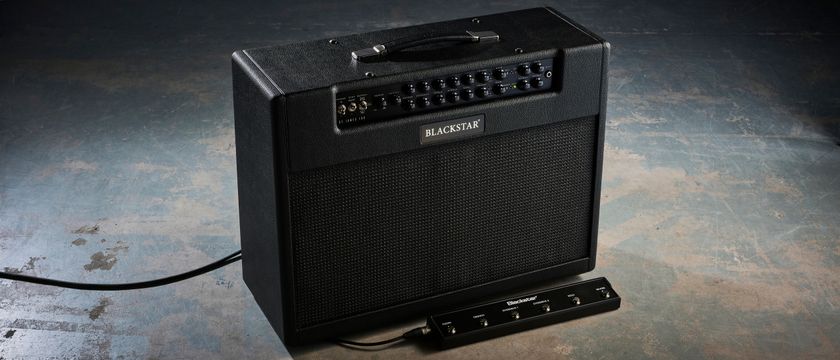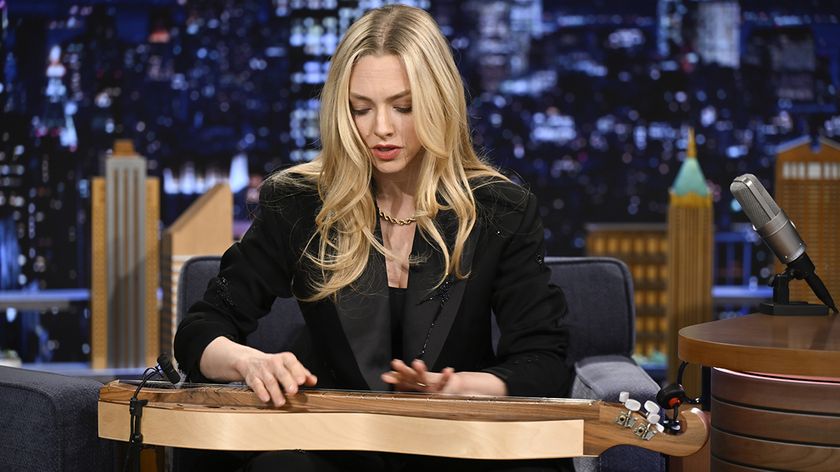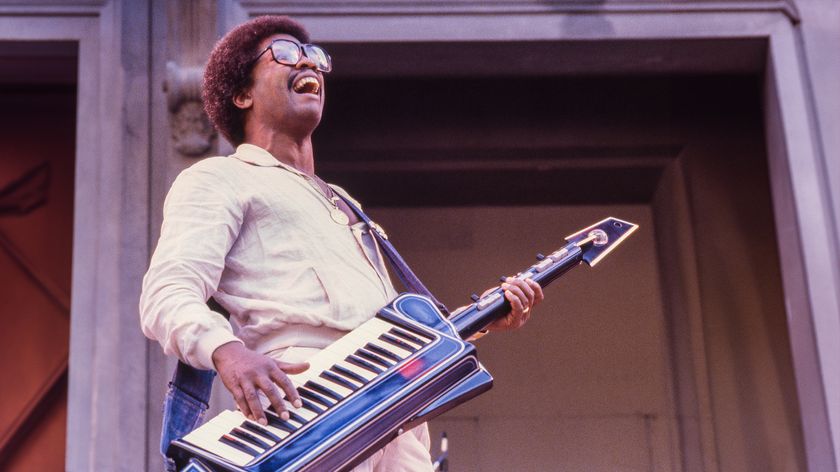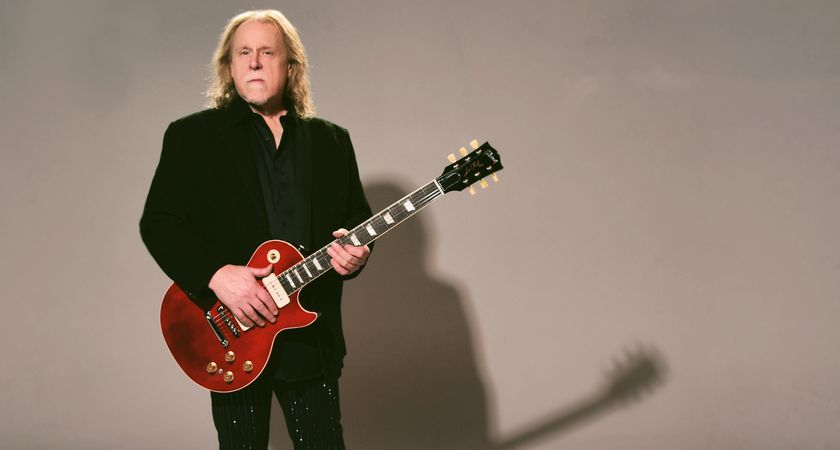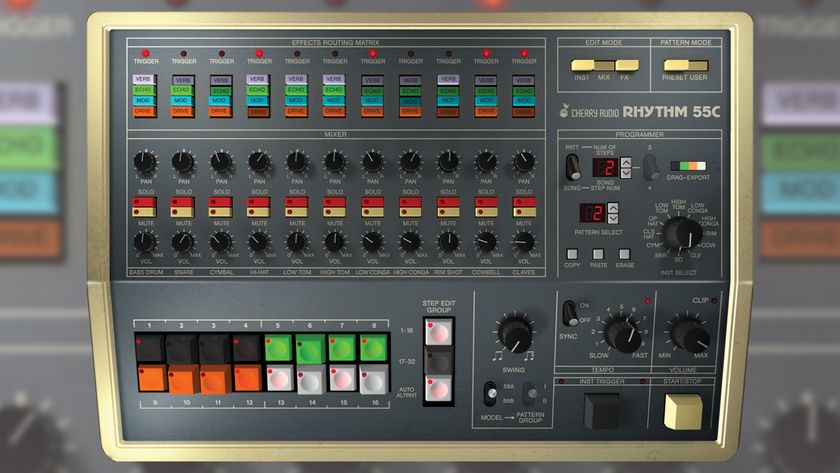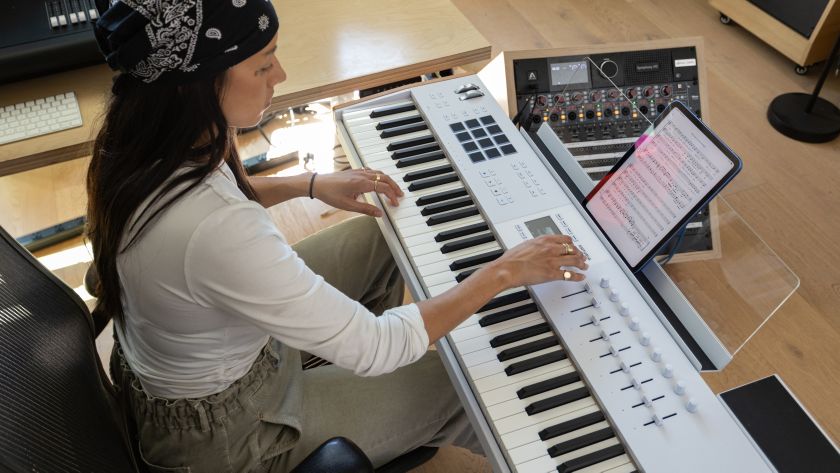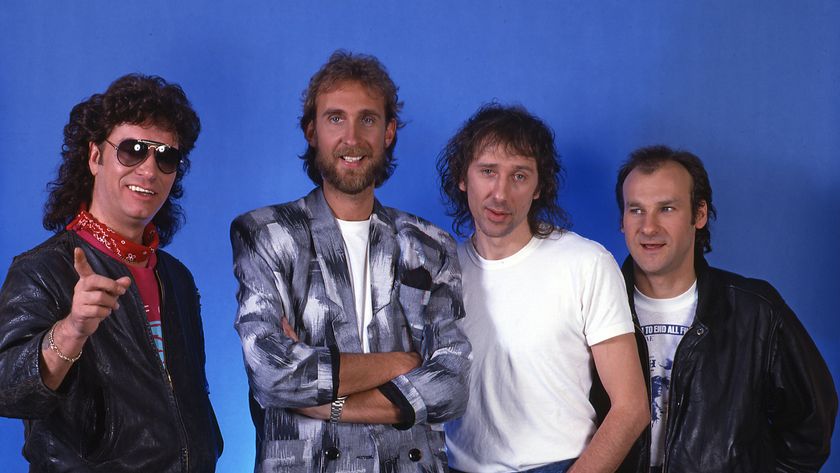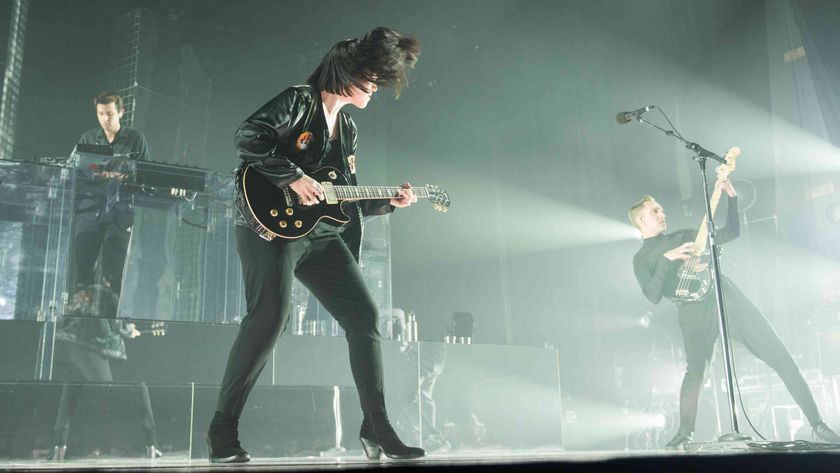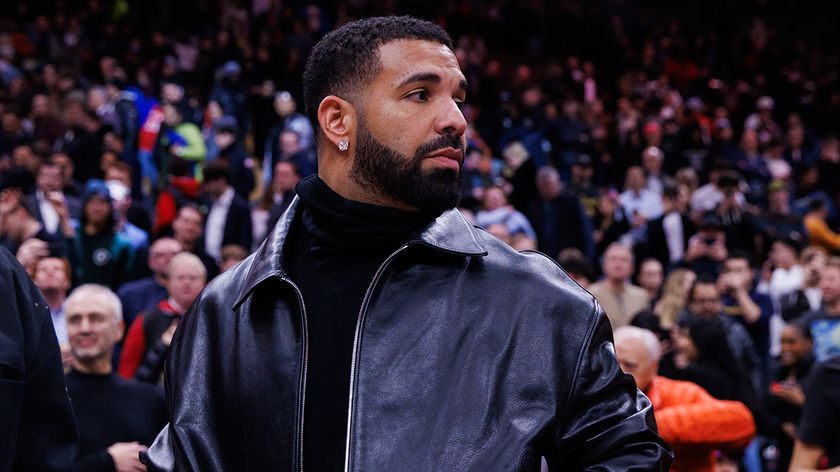“Major labels are scared – and they should be”: Kate Nash calls for government action to investigate how majors have grown rich at the expense of ordinary musicians
She says the UK grassroots scene is “almost at collapse”
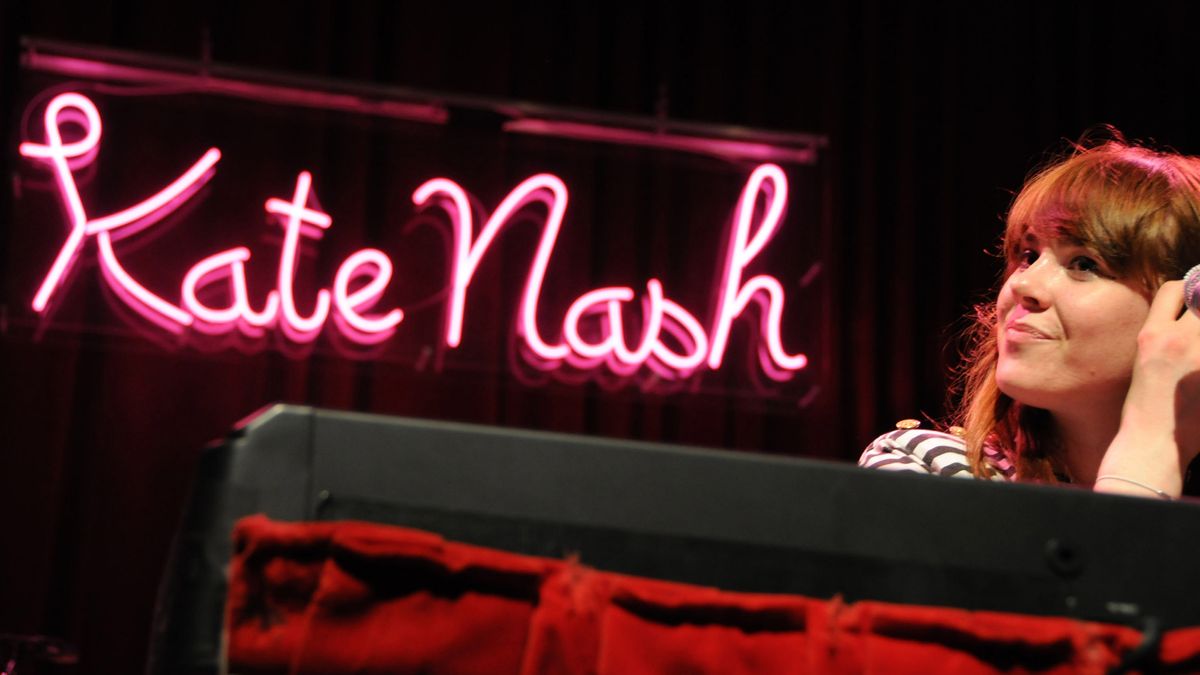
You may recall that Kate Nash has been trying to draw attention to the crisis at UK music’s grassroots via the unusual medium of her arse. Now the singer, best known for her 2007 hit Foundations, has been talking more about her ‘Butts For Tour Buses’ OnlyFans campaign and what lies behind its, er cheeky activism.
Back in November Nash launched her campaign, which saw her raise money for her current UK and European tour by selling pictures of her rear end via the OnlyFans platform. A week later she took her tour bus (and bum) and parked outside the London offices of Live Nation, Spotify and the Houses Of Parliament to state her case, saying: “The industry is in crisis, the music industry has failed artists, and is completely unsustainable, and my arse is shining a light on that.”
A post shared by Kate Nash (@katenash)
A photo posted by on
Now in a new interview with NME, Nash has talking about what she sees as a full blown crisis at the grassroots. “We’re almost at collapse,” is her assessment. “It can only go on to be something we all complain about behind the scenes for so long until you start to see it crumble.”
She continued: “The reality is that touring is making losses, not profit. The grassroots is in absolute crisis. Venues are closing, festivals are being cancelled. People are thinking, ‘What’s the point in starting a band?’ and ‘How can I as an artist carry on?’
“It’s creating an impossible environment for working class people to be able to do this. I think about people going into their 30s and thinking about starting a family. How can they? It becomes an issue of gender, race, misogyny. It’s a very political issue. To exclude people and say ‘music is only for the rich and privileged’ is just really damaging and dangerous. Musicians are so loved by the world and considered so important to our lives. We need to start valuing them.”
As for who is to blame, Nash points her finger squarely at the major labels: “They’re earning millions...but the major labels have decided not to protect artists or value the work that they make, that people are listening to and that people are paying more than they ever have to go on see live.”
“The major labels should have protected us, and they didn’t. I’m a former major label artist, and they set the standard because they have all the catalogues, but did all their deals under NDAs. It’s all a secret, they’re making loads of money and they don’t give a shit.”
Get the MusicRadar Newsletter
Want all the hottest music and gear news, reviews, deals, features and more, direct to your inbox? Sign up here.
She called for government action: “I think it will happen, and I think major labels are scared – and they should be. There’s a lot of investigation that needs to be done. It has to happen. It’s actually affecting the British economy. It’s not just about music and musicians, and that’s what politicians need to take note of."
“It was reported that one in ten songs that are streamed globally are by British artists, and only about one 30th of that money makes it back to the UK. You’re not just letting down musicians, you’re letting down the British economy. If we don’t have cutting-edge culture and music thriving in the UK, then what do we have to be proud of? You can’t just screw them (musicians) over constantly and expect it not to have an impact. It is.”

Will Simpson is a freelance music expert whose work has appeared in Classic Rock, Classic Pop, Guitarist and Total Guitar magazine. He is the author of 'Freedom Through Football: Inside Britain's Most Intrepid Sports Club' and his second book 'An American Cricket Odyssey' is due out in 2025

“We had very few notes written down - just some chord changes. We had the attitude that the song would not get airplay anyway”: From Pavement to Donna Summer, here’s six more B-sides that became huge against the odds
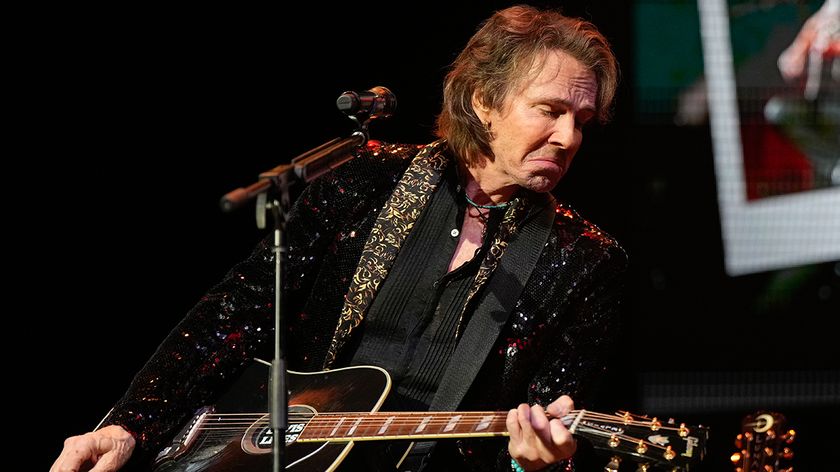
"I thought I had just broken my wrist”: Rick Springfield reveals he has brain damage from fall 25 years ago
